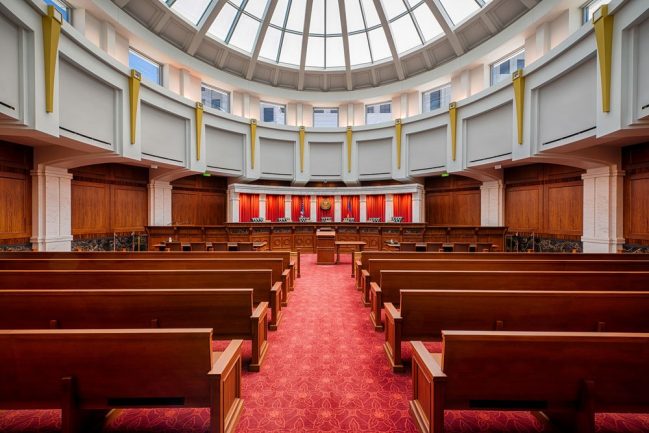Opinion: Newcomers need to know benefits of Colorado’s Taxpayer’s Bill of Rights
The latest Census Bureau data released earlier this year shows that Colorado’s population has grown by nearly two-thirds since 1992, one of the fastest increases in the country.
If you are part of the more than two million new residents who have arrived over this time, there are a few things you should know: Avoid I-70 on Sundays. We are Coloradans, not Coloradoans. And the Taxpayer’s Bill of Rights is responsible for much of the state’s economic success, which likely drew you here in the first place.
Between 1992 and 2016, median household income in Colorado grew by 30 percent, adjusted for inflation. This growth was more than double the national rate over the same period. Only Minnesota and North Dakota grew by more than 30 percent over this timeframe. Colorado gained $20 billion in adjusted gross income over these years — again, one of the biggest increases in the nation.
While many other states have struggled with stagnant incomes over this period, what’s set Colorado apart? Its Taxpayer’s Bill of Rights, or TABOR, passed in 1992, which requires state and local governments to ask voters for permission before raising taxes or debt.
TABOR helped end years of economic stagnation and laid the groundwork for the state’s future success by keeping resources in the hands of Colorado residents who could put them to their highest valued use and checking overzealous government spending.
TABOR has protected pocketbooks and state solvency from legislators who believe they know how to spend your money better than you. Its requirement that excess revenues must be refunded to taxpayers has also resulted in more than $2 billion being returned to the private economy to be spent at local businesses or saved for retirement.





 Editor’s Note: Denver7 360 stories explore multiple sides of the topics that matter most to Coloradans, bringing in different perspectives so you can make up your own mind about the issues. To comment on this or other 360 stories, email us at
Editor’s Note: Denver7 360 stories explore multiple sides of the topics that matter most to Coloradans, bringing in different perspectives so you can make up your own mind about the issues. To comment on this or other 360 stories, email us at 


